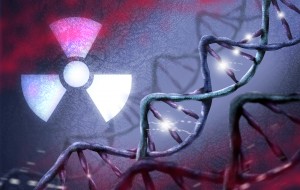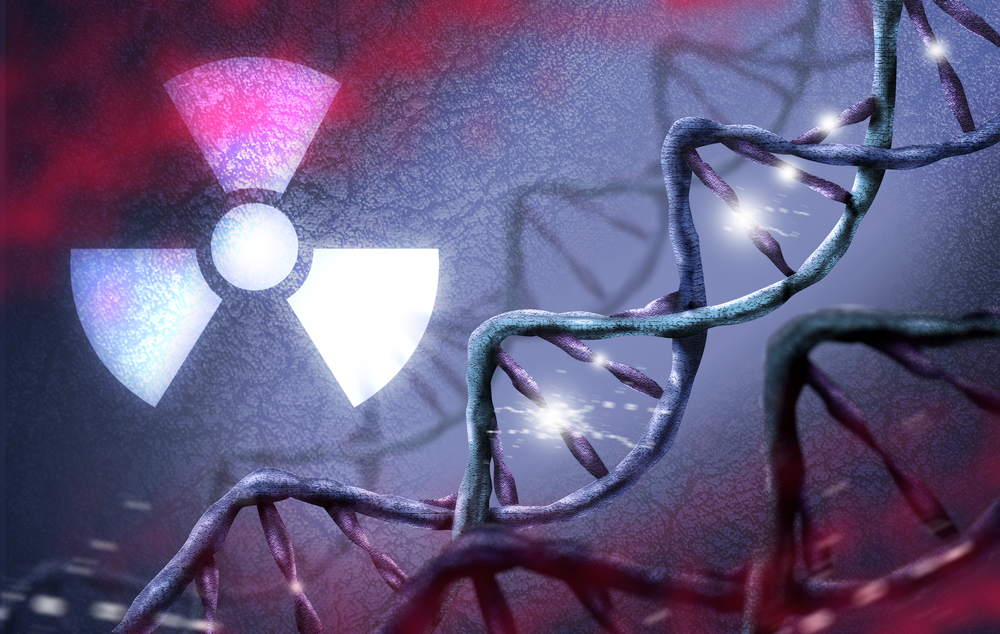 In a recent study titled “CIP2A is an Oct4 target gene involved in head and neck squamous cell cancer oncogenicity and radioresistance”, published in Oncotarget, researchers from the University of Turku, Finland, have shown that two genes, Oct4 and CIP2A are involved in aggressiveness and radioresistance of head and neck squamous cell cancer (HNSCC).
In a recent study titled “CIP2A is an Oct4 target gene involved in head and neck squamous cell cancer oncogenicity and radioresistance”, published in Oncotarget, researchers from the University of Turku, Finland, have shown that two genes, Oct4 and CIP2A are involved in aggressiveness and radioresistance of head and neck squamous cell cancer (HNSCC).
Radiation therapy is commonly used to treat several different types of human cancers, including HNSCC. However, sometimes, patients can develop resistance to radiotherapy, making it clinically relevant to understand the mechanisms behind this biological phenomenon.
Head and neck cancer is one of the most common cancers worldwide, with the majority (90%) diagnosed as HNSCCs. Even though surgical intervention is the most common treatment of small and local HNSCC tumors, to improve locoregional control in advanced forms of HNSCC, chemoradiotherapy is often applied. However, due to the high level of radioresistance of HNSCC cells, the overall outcome of advanced HNSCCs is still quite negative, with a 5-year overall survival of approximately 50%.
The team identified CIP2A as an Oct4 target gene, providing crucial evidence that these two genes play a key role in the development of radiation therapy resistance. Furthermore, researchers observed CIP2A and Oct4 were co-expressed in tumor cells derived from HNSCC patients, correlating with poor differentiation level, and decreased patient survival among radiotherapy treated HNSCC patients.
[adrotate group=”1″]
The authors explain that “as CIP2A is overexpressed practically in all human cancer types, and its expression predicts poor patient survival in a dozen different cancers, it is an obvious drug target candidate protein. It is also evident that future identification of target mechanisms regulated by Oct4 driven CIP2A expression may help in development of novel radiosensitation therapies”.
Importantly, the expression of these two genes was directly associated with increased tumor aggressiveness and radioresistancy.
“Our results indicate that cancer cells can adapt similar mechanisms for X-irradiation resistance as normal stem cells, and that this might be one explanation for poor radiotherapy response in those cancer cases. Consequently, targeting of the mechanisms implicated in radioresistance could provide a foundation for new radiosensitation therapies”, the authors conclude in their study.


